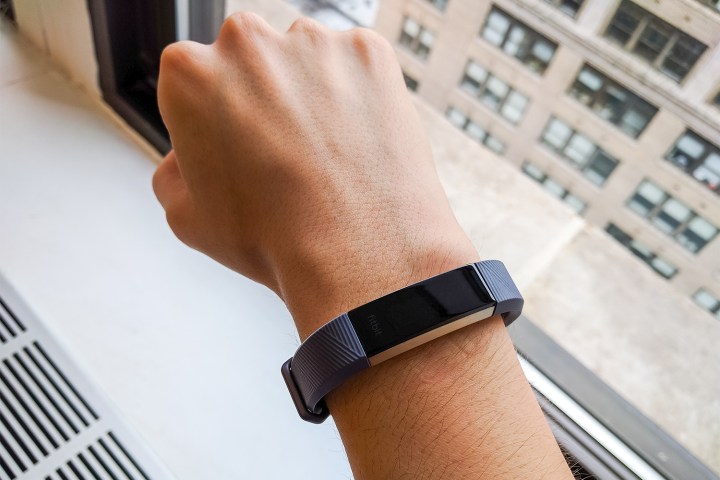
All of Us is part of a wider, long-term research effort called the Precision Medicine Initiative, announced in 2015 by then-President Barack Obama. The aim is to gather anonymous lifestyle, biological, and environmental data from a million Americans to learn about how individual differences affect health, and to use the findings to develop better individualized care.
As part of the research, the NIH will hand out 10,000 Fitbit Charge 2 and Fitbit Alta HR devices to participants, which they’ll be asked to wear for a period of one year.
“The study will generate a data set that presents a unique opportunity to explore the relationship between health indicators such as physical activity, heart rate, and sleep in conjunction with other critical health outcomes that will be captured as part of All of Us,” Fitbit said in a release.
Adam Pellegrini, general manager of Fitbit Health Solutions, said that “as part of the global shift toward precision medicine, wearable data has the potential to inform highly personalized health care.”
So why were Fitbits chosen over other devices? Importantly, the Charge 2 and Alta HR track a combination of physical activity, sleep, and heart rate parameters, all useful data for the researchers. Ease of use and a decent battery life were also listed as factors behind their selection.
Fitbit devices are also already popular among health researchers; in fact, they’re the most commonly used tracker in this field. According to the Federation of American Societies for Experimental Biology, 89 percent of trackers used in published biomedical research are made by Fitbit, as are 83 percent of devices used in clinical trials. In NIH-funded research the figure jumps to 95 percent.
Accuracy?
Clearly those working in the medical field are confident about the accuracy of Fitbit’s devices, an issue of understandable concern among anyone that decides to fork out for a fitness tracker. In 2016, a class-action lawsuit claimed that the PurePulse sensor that’s built into Fitbit’s trackers failed to accurately measure the heart rate. Subsequent tests by Consumer Reports, however, said Fitbit’s devices “passed our tests handily, accurately recording heart rates at everything from a leisurely walk up to a fast run.”
On its own site, Fitbit notes that accuracy is “affected by physiology, location of device, and different movements,” and offers tips on how to get accurate readouts.
Besides all of the data coming in from the 10,000 Fitbit participants, the All of Us study will gather a huge amount of other information from at least a million participants, which when analyzed together will help researchers learn more about the relationship between lifestyle behaviors and health outcomes, leading to more effective ways of preventing and treating disease.


